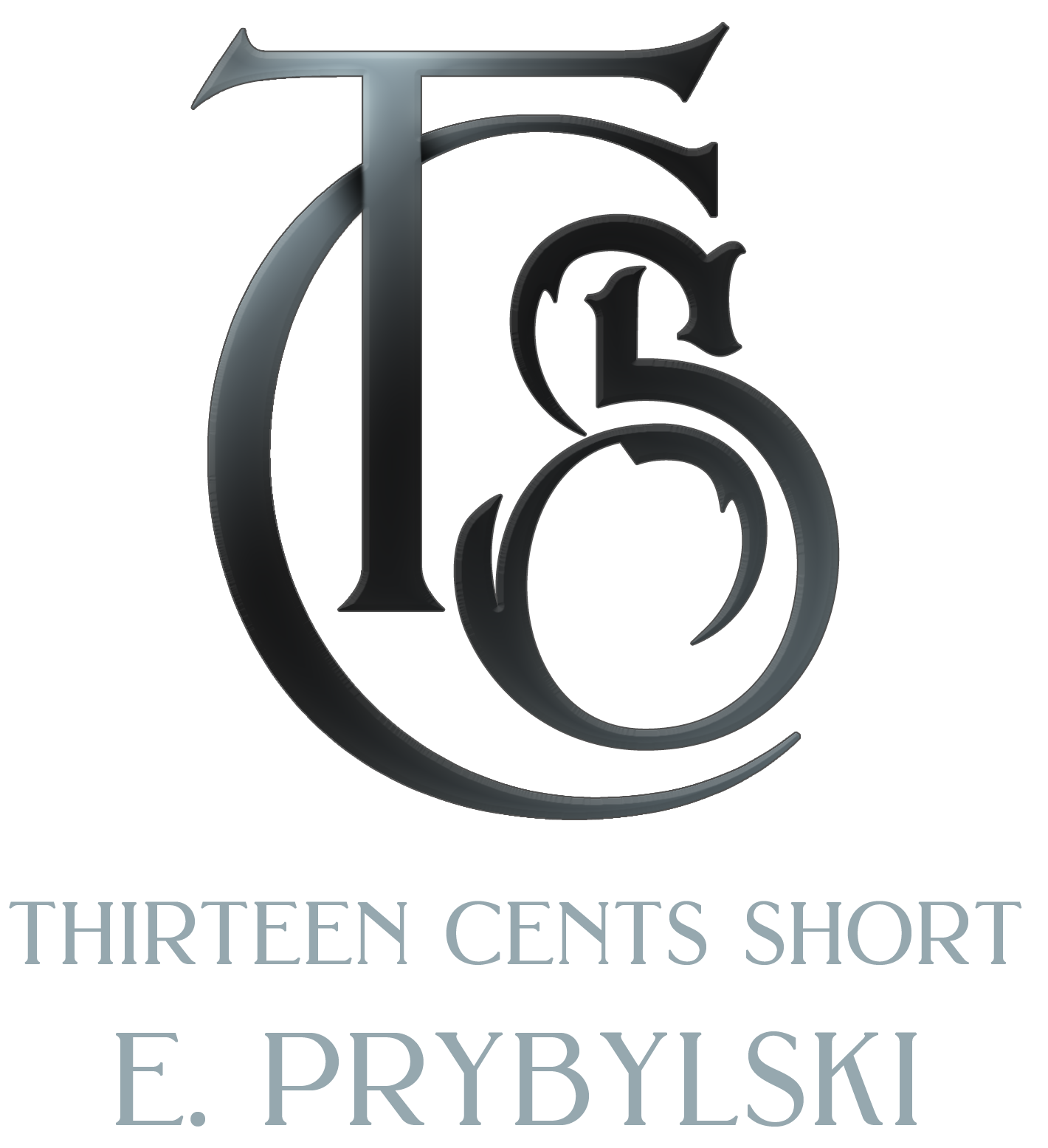We hear this often, but what does it really mean? It certainly doesn’t mean you can’t write thing outside your realm of personal experience (though things you relate to personally will be stronger stories for you). What it means is you should write things you understand. No, that doesn’t mean no fantasy or sci-fi.
The genre I write most in is historical fantasy. I love dragons, faeries, knights, princesses, kings… etc. For me “write what you know” means taking my degree in history and my understanding of real-world medieval history and applying it. My characters most often will use proper weapons for the time period, have views at least somewhat appropriate to the time period, wear clothing that fits the time period… getting my drift? It also means I’ll never write a medieval romance about Scotland where the men wear kilts (yep, they were a Renaissance invention).
I’ve always felt that “write what you know” is only half the lesson. The other half is “…and if you don’t know it, study.” A few years ago I had an author who wanted to write about guns but had never seen, held, or fired one. My first reaction was to take him to a gun range and have him fire several calibers and talk to him about ballistics and safety. I’m almost qualified to be an NRA basic pistol instructor, and we were at a range with experienced people around. I don’t advocate running off to the gun range without someone who knows what they’re doing. But if you’re going to write about guns, you should at least study them a little and maybe fire one so you can write about it with authenticity. I say the same thing about horseback riding, archery, martial arts, or just about any topic. I obviously draw the line at illegal activities because I’m just not that lady, but the more I know about the topic the more accurate and real my writing becomes.
The thing to remember in all of this is that if you write with authenticity and accuracy it will make your readers more prone to suspend disbelief on the aspects you are changing. It makes your story more concrete and real. For example: I have an author I’m working with who wrote a fantastic book series on Rome. Absolutely amazing. His research is on point, and it makes up for the parts where he changes the story and alters history a little. The departures from real world history are believable in a context where he does so much amazing work in being authentic to the world and time period.
In science fiction, you can make up all kinds of crazy things to create new technology and new worlds. But the more you understand about real-world science the more authentic those new technologies will feel. You don’t need to be a physicist to do it, but studying will help you create believable worlds! it also will help you feel more confident in your world when people start poking holes in it or asking questions you might not have answers to immediately.
Finally, it’ll prevent you from making silly mistakes. I tolerate kilt-clad Scotsmen in Medieval romances because 95% of people don’t know better, but when an author gets it right? I squeal and clap. No joke. I do it. Ask my husband. I also get giddy when I read historically accurate fantasy. When I discovered in “Rise of a Dark Queen” by Raymond E. Feist that most of the business was taking place in a coffee house (which is accurate to the Renaissance, the period after which that setting is modeled) I just about fangirled. I still talk about it. I did the same thing when exploring Rome as Ezio in Assassin’s Creed 2. I lost it when I explored the historically accurate streets of Venice, too. That game still stands out in my memory as one of the most amazing historically-accurate games I’ve ever encountered.
That kind of experience, connecting with something from a place of authenticity, will make your work stick in the mind of your readers long after they’ve moved on. That isn’t to say the story and characters won’t resonate, too, but the realism adds another layer that people can attach to. It’s an invaluable tool for connecting with your audience.

Reblogged this on Anna Dobritt — Author and commented:
Great article
Great article 🙂
Your enthusiasm makes me smile, Beth. Your article reminds me of the time in college when I signed up for a course in Criminal Justice. My advisor told me that I would have to request a waiver because I had taken zero of the prerequisites (since my major du jour happened to be geology). I did so. The dean of that college called me in and asked why in the world I wanted to study a semester of Criminal Justice. He was delighted with my answer, which was that, when I wrote a thriller novel, I wanted to be at least a little knowledgeable. Yes, I took the courses and was fascinated with the subject. It was, after all, a field that I heard about every day, but about which I knew absolutely nothing factual.